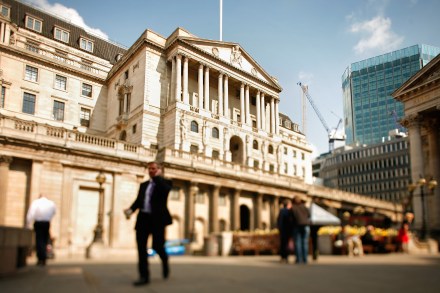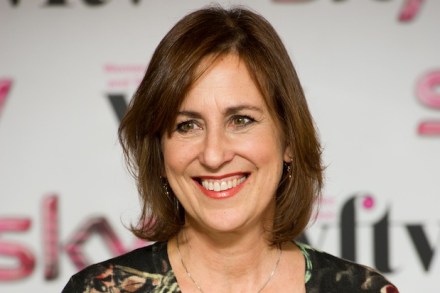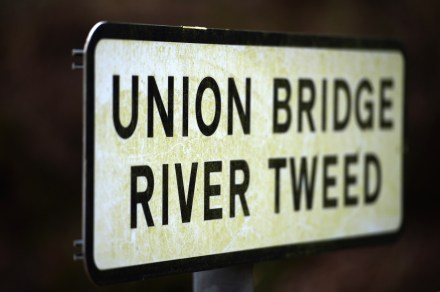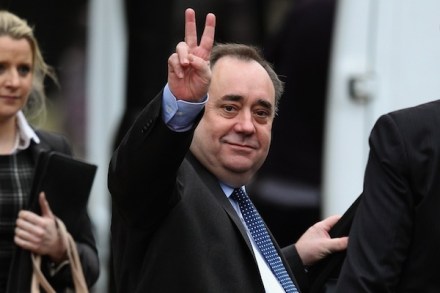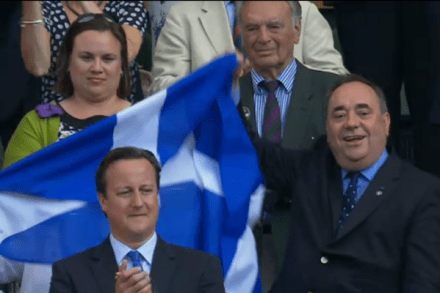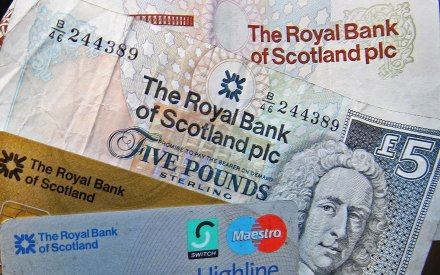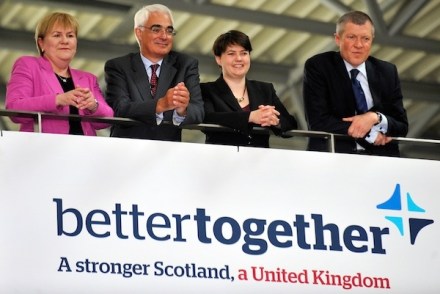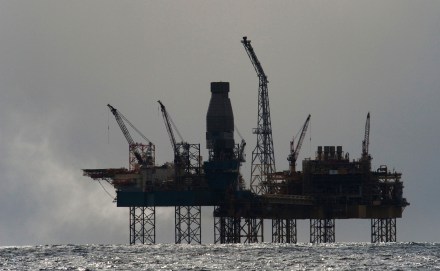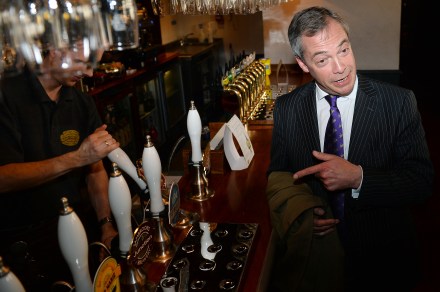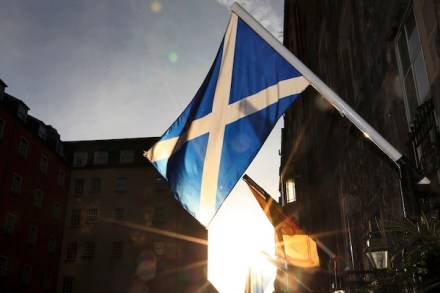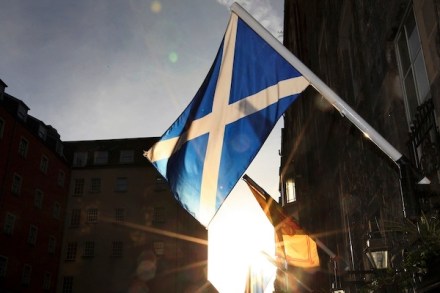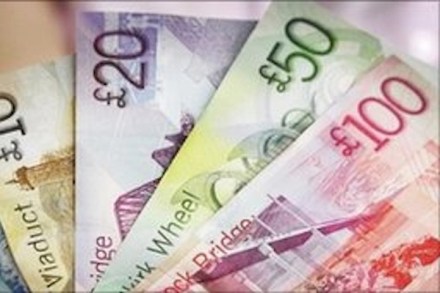A Game of Numbers: Pollsters Go To War in Scotland
On Sunday an opinion poll was just a poll. Nothing to be too excited by. Unreliable too. The real poll – the one that counts – is still a year away. So put not your faith in numbers. Disappointment that way lies. On Monday the mood in the Scottish nationalist camp changed. Opinion polls now offered a persuasive and necessary reminder that Scotland’s on the march. A march that ends in freedom and liberty and whisky next September as an ancient country reasserts her prerogatives and takes here rightful place in the family of nations once again. Polls are pure dead brilliant, don’t you know? From which you will gather



